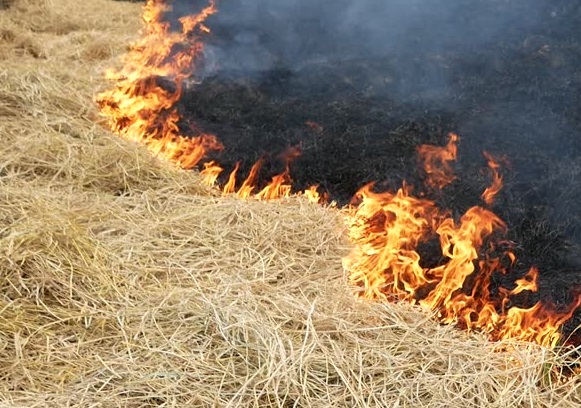FWP:
SETS == INEXPRESSIBILITY
EXISTENCE/NONEXISTENCE: {5,3}
LIFE/DEATH: {7,2}
Here's a beautiful use of the 'inexpressibility trope': the state of the 'people of ardor' is utterly indescribable. They are the fuel of their own fire. The piquancy of the image is enhanced by the pejorative sense of ḳhas-o-ḳhāshāk -- it's mere rubbish, waste material, small bits of debris with hardly any other use than that of low-grade fuel. From these humblest of materials, the great 'fire' of passion is kindled. The verse doesn't tell us-- and surely it hardly matters anyway for our appreciation of it-- whether the passion is for a human or Divine beloved.
Really this feels like a verse of mood. It plays no tricks, it offers no wordplay or multiple meanings. It's stark and plain, centered entirely on its strong, paradoxical central image. Doesn't that second line make you want to linger over it, and think/feel it more fully?
Compare this verse's less successful cousin, {210,8x}; it's such a close variant that the closeness itself might have been what caused it to be left out of the divan.
Compare {167,4}, with its very similar emphatically negative rhetorical question or exclamation in the first line, and another form of paradoxical death-in-life for the lovers. And for another meditation on ḳhas-o-ḳhāshāk and fire, see {190,10}. (There's also ḳhas-o-ḳhāshāk and water, in {171,5x}.)
And there's also Mir's take on the existence/nonexistence of the lover: M{101,4}.

Nazm:
That is, straw and grass have come together in fire, and have become fire. Now we can neither call them existent nor nonexistent. It is 'oblivion in ardor'. (239)
== Nazm page 239